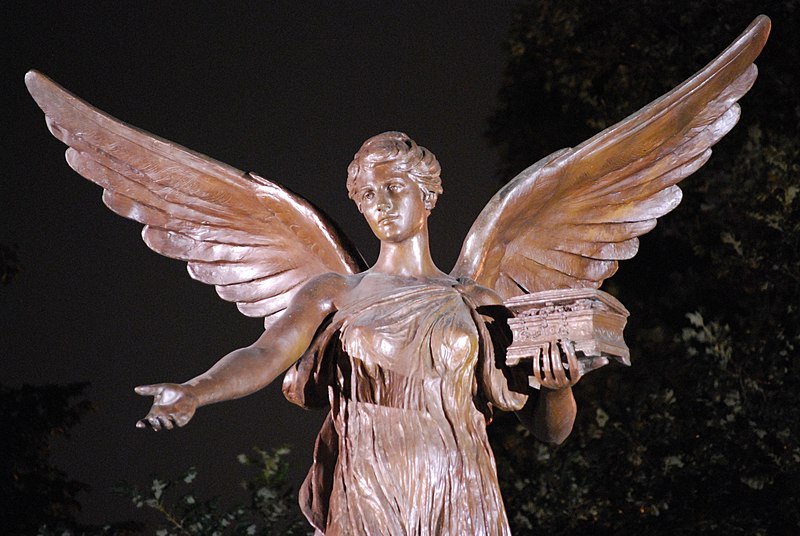Regardless of their collective accomplishments, I still have to assign individual grades to each student, and I take this responsibility seriously. We used self- and peer-assessments during our four two-week sprints, and these helped me approximate students' individual contributions to the project. However, I still felt that I was missing hard, individualized evidence, and so I presented my students with a novel form of final assessment that we called Mini Ludum Dare.
Ludum Dare is the Rapid Game Development Community, most well known for hosting regular 48-hour game development competitions. Each competition begins with the announcement of a theme, and all games must incorporate that theme. For our Mini Ludum Dare, I told the students to spend no more than four hours on digital prototypes, my rationale being that I wanted to see what they could get done in about a half-day's work. This seems like an appropriate assessment, that at the end of a game programming class, one can individually produce a proof-of-concept for an idea. Because I was grading strictly on technical issues, I also provided a "default" game design that students could use if they were not feeling inspired by the theme. They were allowed to complete the prototype in Unity or Slick, these being the two primary technologies of instruction for the semester.
The theme was "Beneficence." This can be interpreted in a few ways, the most obvious connection being to the statue who also graces Ball State University's logo.
During our university-assigned final exam slot, the students each had a few minutes to show off their creations. It was inspiring to see how creative our Computer Science majors could be! The Java-based solutions are a bit tricky to get online, but with some coaxing (and peer pressure from the community on the department's Facebook page), the Unity-based games are online. Here are some links:
- Jumpin' Beneficence by Jason Buie
- ZombBenny by Thomas Mast
- Beneficence: The Hunt for Knowledge by Phil Wingham
- Beneficence the Killa by Craig Bavender
- Whack-a-Benny by Matt Waters
A pretty amazing selection of game prototypes built in only a few hours each. Nice work, gentlemen!

No comments:
Post a Comment